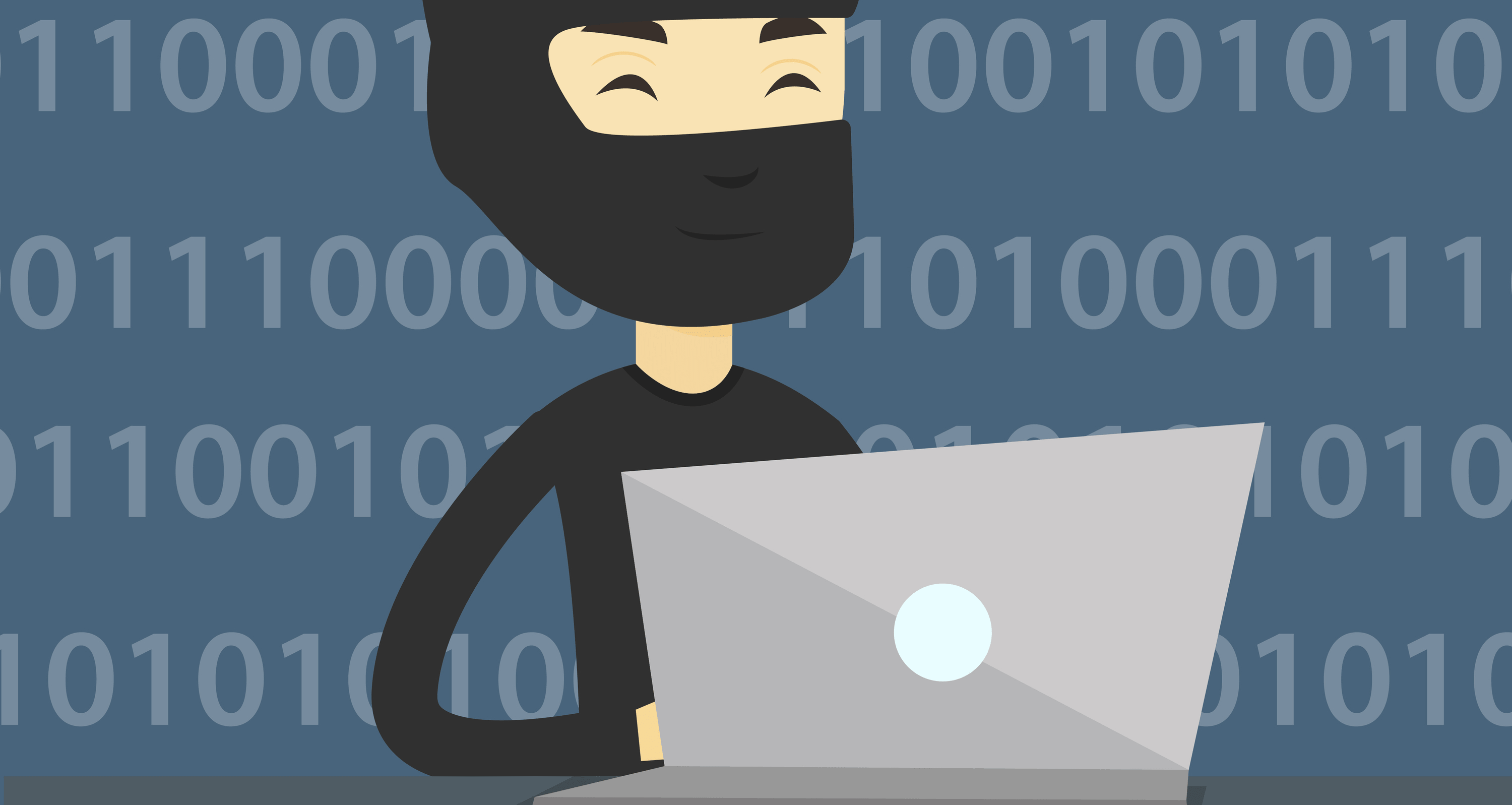About 20 or so years ago, the number of people in the business world writing and sending memos began to substantially decrease. You remember those to-from-date-subject missives sent person-to-person and between departments, right? They were printed on paper and arrived in countless “in” trays and office door mailboxes tucked into interoffice envelopes that were sealed shut with a small piece of string.
Correspondence among business colleagues didn’t cease, but doing it via paper did.
Vancouver technology entrepreneur Thierry Levasseur, one of Canada’s top go-to online security experts, recalls those days and the positive and maybe not-so-positive implications they brought with them.
According to him, as email grew as a business communication channel, it facilitated people’s ability to connect quickly. But it also opened the doors to all types of unwanted email.
It also made professionals in the tech arena aware of the growing need for email security. He recognized early in the game that email was vulnerable to hackers and scammers, making it a problem to maintain confidentiality and privacy.
Today, there are countless professionals who fit the definition of what some are calling “cyberpreneurs.” According to Himanshu Joshi, associate professor at IMI New Delhi, “Cyberpreneurship is a phenomenon unique to the digital age, having originated from the fusion of cyber—a prefix that symbolizes digitization of established systems; and entrepreneurship, the commercial backbone shaping modern economies.”
He writes that, “Following this logic, cyberpreneurs are essentially professionals who digitize access to their products and services by leveraging information technology, especially the Internet.”
As the Internet has grown in popularity, evolving from its role as a business tool in the early 1990s to today’s all-encompassing public dependence on online platforms for everything from social messaging to entertainment, it has continued to attract criminals, activists and others who leverage the technology for a range of nefarious purposes.
Every day, countless cybercriminals around the world log on and use their finely honed hacking skills to make money, get themselves noticed, and even disrupt enterprises and governmental bodies. “Because these events are so prevalent,” says Thierry Levasseur, “people like me as well as my peers have become trusted advisors to a range of clients who are looking to address these problems.”
According to an article on Wired.com, “McAfee recently reported that cybercrime is a growth industry where the returns are great and the risks are low. In fact, McAfee estimates that the likely annual cost to the global economy from cybercrime is more than $400 billion, a number that is more than the national income of most countries.”
Many in the know say that as technology continues to change, there will be a need for cybersecurity expertise. Thierry Levasseur realized this several years ago, and says the need for safe, secure online protection is and will always be a constant. Others agree.
“Cybersecurity almost always finds a new market two to three years after a disruptive technology emerges,” write Yoav Leitersdorf and Ofer Schreiber, managing partner and partner, respectively, at YL Ventures. “Virtual containers, autonomous vehicles, and drones, for instance, have created some of the latest and greatest opportunities in cybersecurity. Right now, someone is inventing a technology that will spawn massive security issues.”c
